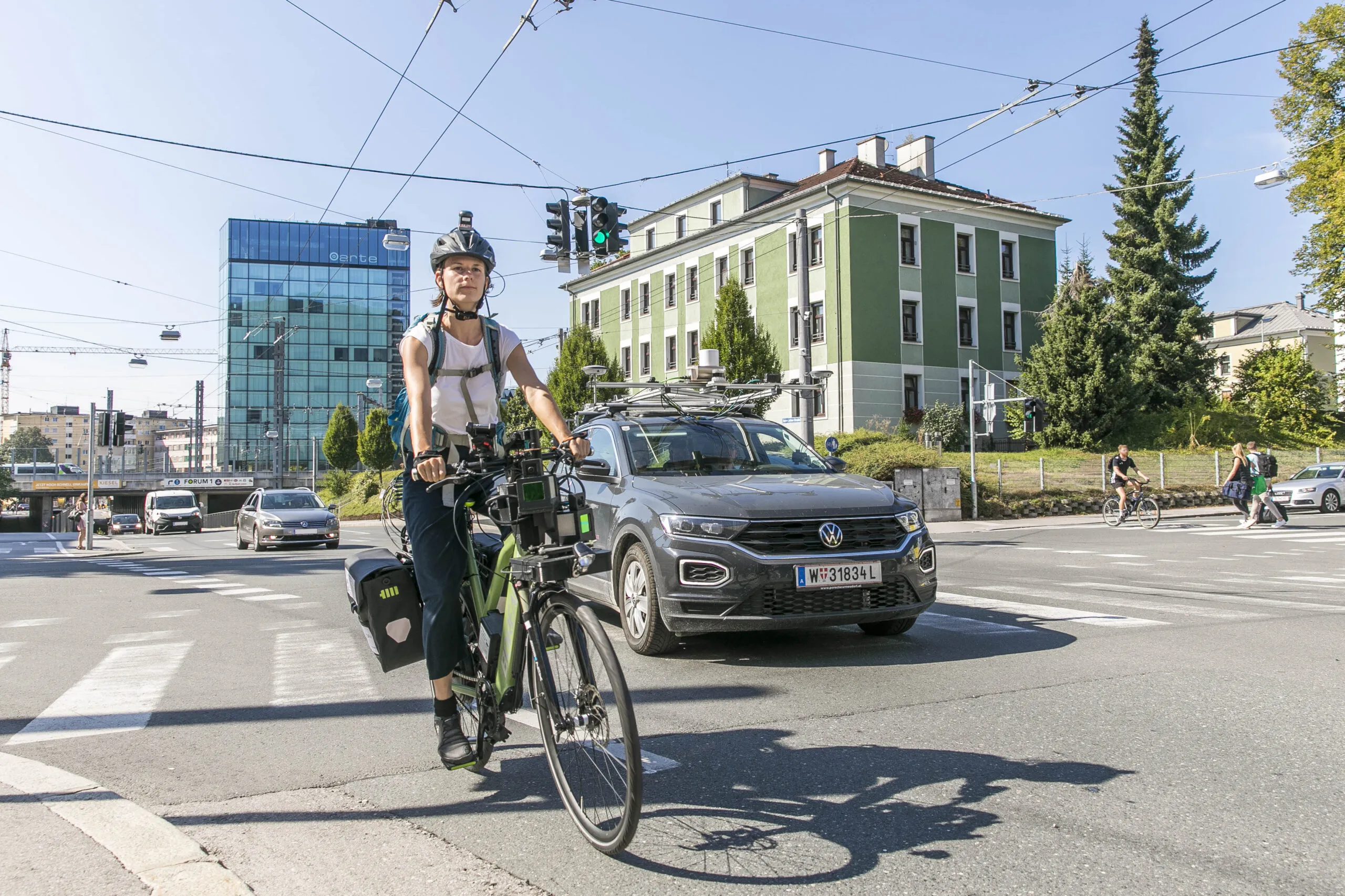A new RFID system developed by UK company
The use of RFID enables a vehicle to detect the location of a charging station in advance or to determine which operating mode it is permitted to drive in. Harting Ha-VIS RFID systems permit approach detection to a charging station with positioning accuracy of better than 50cm. In addition, the RFID transponder contains information on the authorised operating mode. The RFID transponder may be mounted on a platform, on the track or at a stop, even within concrete to protect from vandalism.
RFID eliminates overhead wiring for trams
A new RFID system developed by UK company Harting allows electric trams or buses to operate without overhead electric wiring in areas where it would be unacceptably obtrusive, such as historic town centres, or where it might cause interference to sensitive equipment.
May 11, 2015
Read time: 1 min










